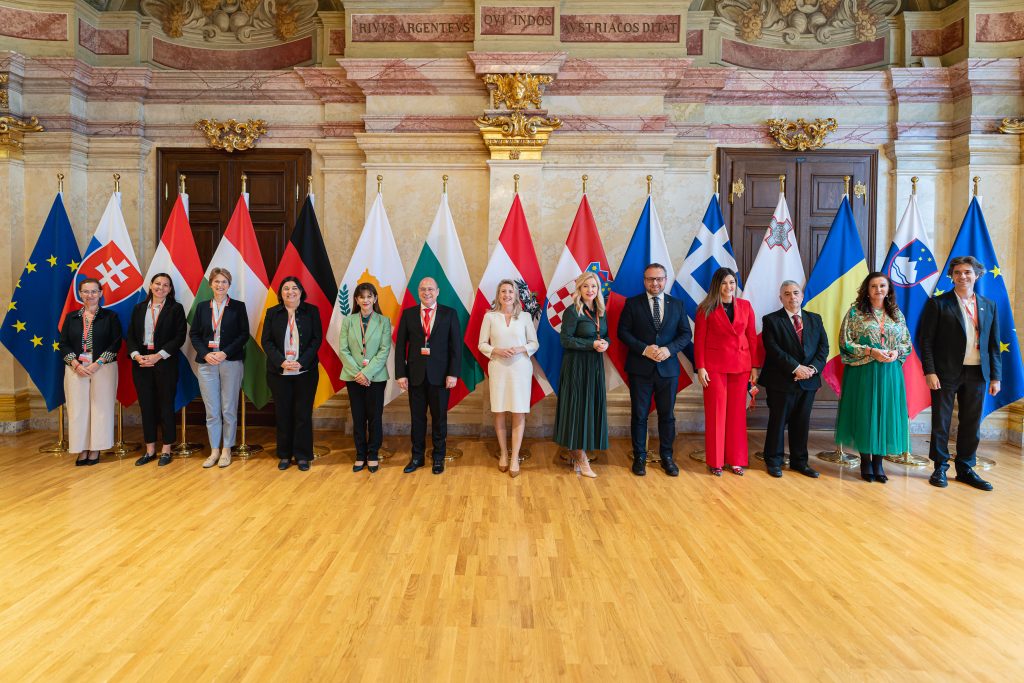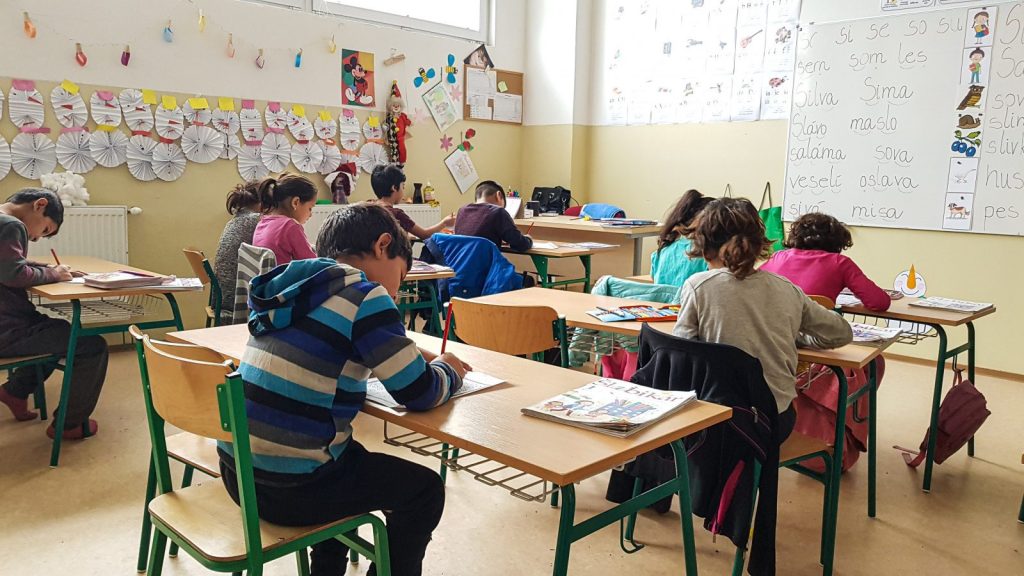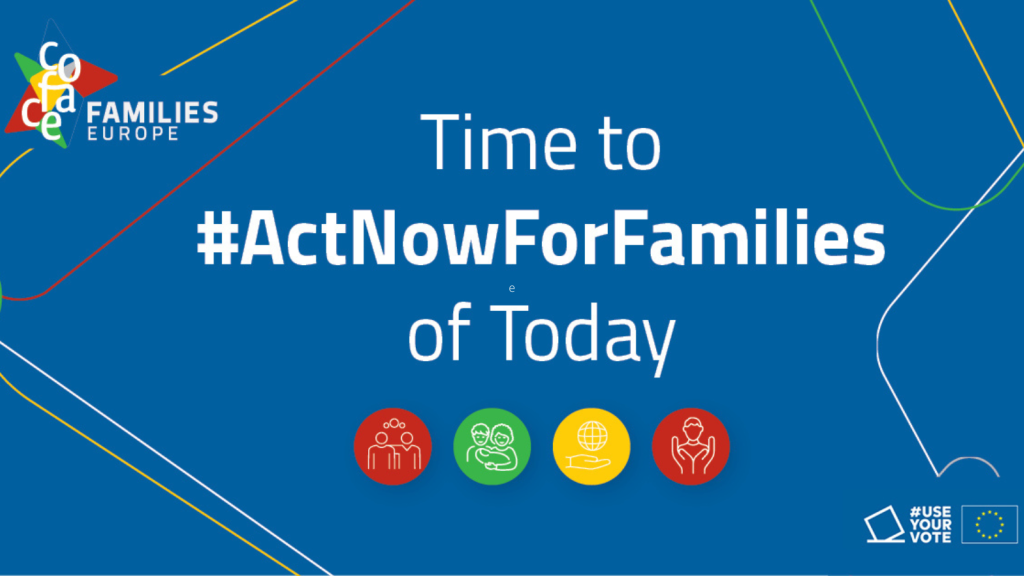The Council has adopted conclusions on the EU strategy on the rights of the child, with a particular focus on the protection of children’s rights in crisis or emergency situations.
Against the background of Russia’s war of aggression against Ukraine, the Council notes the need to protect children facing armed conflicts and their consequences, in particular to protect them from recruitment by armed forces, trafficking in human beings, illegal adoption, sexual exploitation and separation from their families. The Council calls on member states to improve the protection of children in emergency situations, including by:
- setting up reception procedures which ensure protective accommodation adapted to the needs of the child, guarantee their physical and mental health and provide them with access to basic services
- providing assistance for unaccompanied children, including through the rapid appointment of a legal guardian or appropriate representation
- reinforcing policies to fight against trafficking of children, defining strategies for identifying victims of trafficking and raising awareness of the risk of exploitation among children and their families
- ensuring that emergencies are not instrumentalised in terms of guardianship of children and, in particular, that no adoption should take place during armed conflicts
The conclusions also cover the EU strategy on the rights of the child more broadly. In particular, the Council calls on member states to develop comprehensive policies to fulfil the rights of all children without any discrimination, to increase efforts to prevent and combat all forms of violence against children, to strengthen justice systems so that they are compliant with the rights of children, and to increase opportunities for children to be responsible and resilient members of the digital society.
COFACE Families Europe has adopted a joint statement with other child rights organisations in reaction to the Council Conclusions with recommendations for measures to boost further implementation of the Strategy.
Photo: ©StudioRoman via Canva.com





